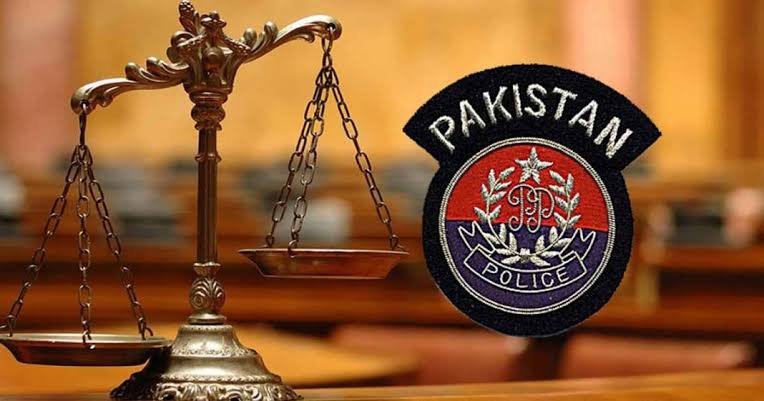Barrister Ahmed Qazi
The introduction to the police reforms in Pakistan is a complex and contested topic, as different stakeholders have different views and interests on how to improve the performance and accountability of the police force. According to some sources, the main objectives of the police reforms are ;
Make the police more responsive to the needs and rights of the citizens, especially the poor and marginalized groups, who often face discrimination, harassment, and extortion by the police.
Enhance the professionalism and capacity of the police, by providing them with adequate training, equipment, resources, and incentives, as well as ensuring merit-based recruitment and promotion.
It’s also significant to strengthen the oversight and accountability mechanisms of the police, by establishing independent and effective institutions to monitor, investigate, and redress complaints of police misconduct, corruption, and human rights violations.
Reduce the political interference and influence on the police, by ensuring their operational autonomy and functional independence from the executive branch of the government, as well as protecting them from undue pressure from powerful individuals and groups in society.
Some of the major initiatives and challenges related to the police reforms in Pakistan are:
The Police Order 2002, which was enacted by former President Pervez Musharraf as a comprehensive reform package to replace the colonial-era Police Act of 1861. The Police Order 2002 aimed to decentralize, depoliticize, and democratize the police system by creating new structures and mechanisms such as public safety commissions, police complaints authorities, district criminal justice coordination committees, specialized wings, etc. However, the implementation of the Police Order 2002 was hampered by various factors such as lack of political will, resistance from vested interests, legal challenges, administrative hurdles, and financial constraints.
The 18th Constitutional Amendment 2010, which devolved several subjects from the federal to the provincial level, including law and order. This gave more autonomy and responsibility to the provincial governments to legislate and manage their own police forces. However, this also created some confusion and inconsistency in the legal framework and operational standards of the police across different provinces.
The National Internal Security Policy 2014-2018, which was formulated by the federal government in response to the growing threat of terrorism and militancy in Pakistan. The policy recognized the pivotal role of the police in countering violent extremism and enhancing internal security. It also proposed various measures to improve the coordination, capacity, and intelligence-sharing among different law enforcement agencies at federal and provincial levels.
The National Action Plan 2015, which was launched by the federal government after a deadly terrorist attack on a school in Peshawar that killed 149 people, mostly children. The plan outlined 20 points to combat terrorism and extremism in Pakistan, including several points related to police reforms such as strengthening counterterrorism units, reforming criminal justice system, regulating madrassas (religious seminaries), etc.
These are some of the main aspects of the introduction to the police reforms in Pakistan.
A few of the key challenges that remain are:
Lack of political consensus and commitment among different political parties and leaders on the need and direction of police reforms. Often, political actors use their influence over the police for their own interests or agendas, rather than for public welfare.
Lack of public trust and confidence in the police as a credible and reliable institution that can protect their rights and interests. Many people perceive the police as corrupt, abusive, inefficient, or biased. Creation of Provincial Police PPP is critical in aftermath of 18th amendment. Now, the formation of a national or All Pakistan Police on the likes of Pakistan Police Service PPS on provincial posts is unconstitutional.

Lack of resources and infrastructure for the police to perform their duties effectively. The police are often understaffed, undertrained, underpaid, underequipped, or overworked.
Lack of coordination and cooperation among different law enforcement agencies at federal and provincial levels, as well as between civil and military authorities. This leads to duplication of efforts, gaps in information-sharing, or conflicts of jurisdiction. Accordingly, it’s significant to specialize police in operations, investigation, spying & prosecution. Police has a vital part in administration of justice. Therefore, it’s functional role in the criminal justice system in Pakistan is crucial.
















